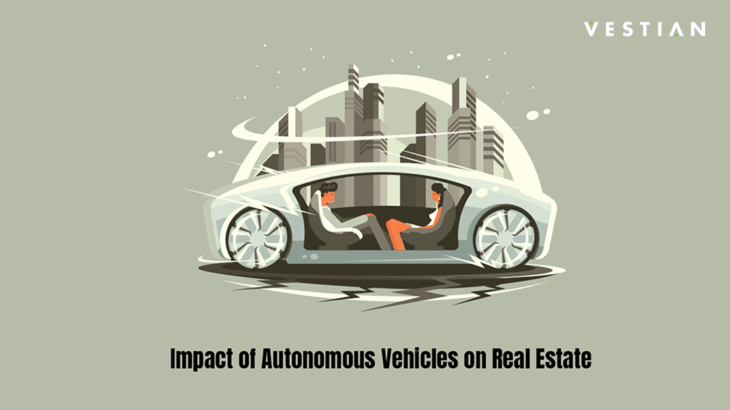Who would have thought that autonomous vehicles or driverless vehicles would exist, leave alone be a part
of our everyday lives? With The Netherlands, China, Switzerland and California (US) testing self-driving
public transportation options autonomous vehicles are likely to be a reality sooner than later. Offering a
stress-free commute, end of parking hassles and freeing up more space for re/development of urban areas,
these autonomous vehicles are sure to change the face of transportation and related industries as we know
it today.
Less need for parking
With the changing times it will no longer be necessary to own a car. Share rides like Uber and Lyft are
already changing the perception of car ownership and car usage. We are seeing a shift to carpooling and
ridesharing as a preferred commuting choice. Autonomous vehicles are likely to see similar accelerated
adoption rate, significantly decreasing car ownership and demand for parking. The growing technology will
further lower the need for parking areas with optimization of vehicle use and parking needs. As a result,
parking lots that currently exist could be redeveloped into high value retail or commercial spaces.
Altering the built environment
Needless to say that, decreasing car ownership and increasing reliance on autonomous vehicles will have a
larger implication on city street layouts. There is huge potential for cities to evolve. With fewer multi lane
streets, street-side parking and signalled intersections, as much as 30% of existing space could be freed up
and better utilised. This will also result in easy designing and development of smart cities.
Many of the world’s automotive giants including Daimler, Uber, General Motors, Tesla, Audi, Waymo, Ford,
Honda, Apple, BMW, Nissan, Mercedes-Benz, Toyota have forayed into this space. In fact, Waymo, formerly
Google Self-Driving Car Project, has already tested its self-driving system in the US for the past 9 years
across six states and 25 cities. Waymo also expects to bring self-driving cars on the road by 2020.
While Indian automotive giants Tata, Mahindra and others have also joined in on autonomous vehicle
research, challenges like poor road infrastructure and legal constraints still make it an uphill task for self-
driving cars to be introduced on Indian roads.
Like any other disruptor, the rise of autonomous vehicles will create challenges and opportunities, so it will
be wise to keep an eye on how on how the pilot projects are going on, to be better equipped for the
demands of the future.
